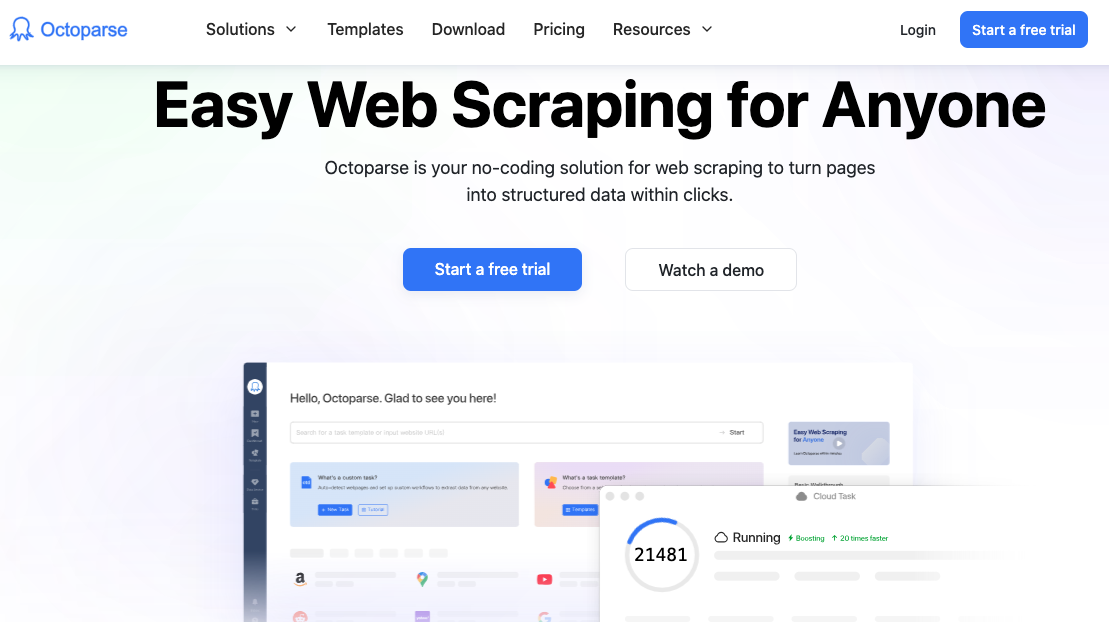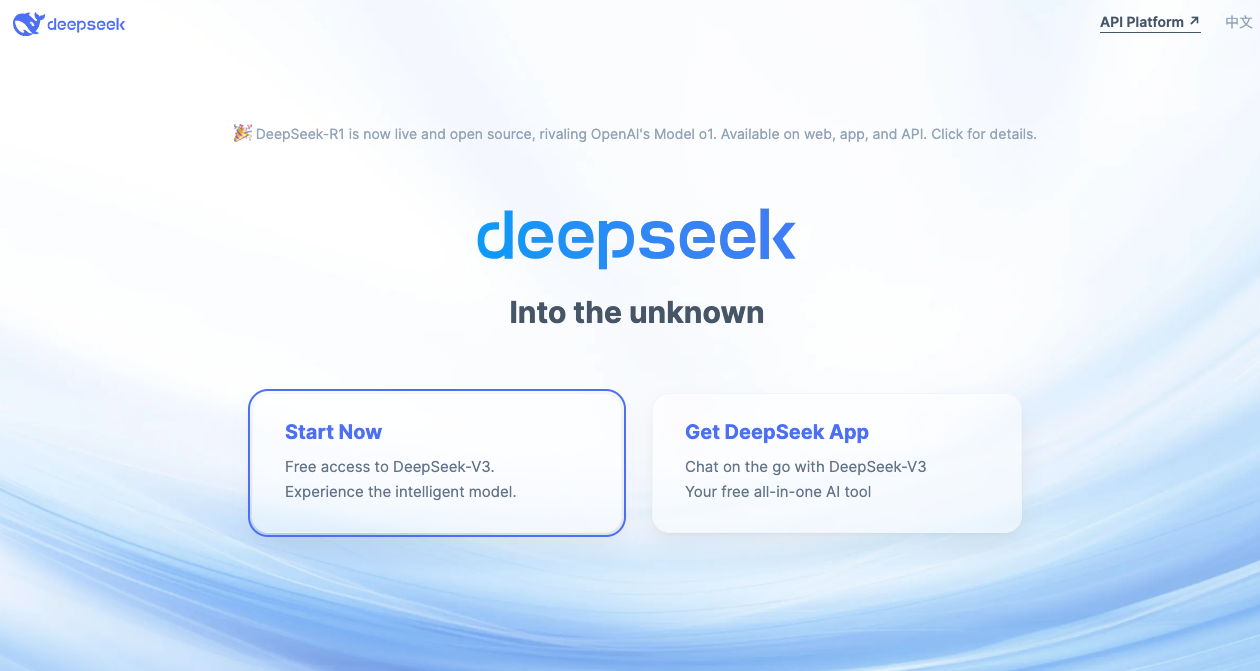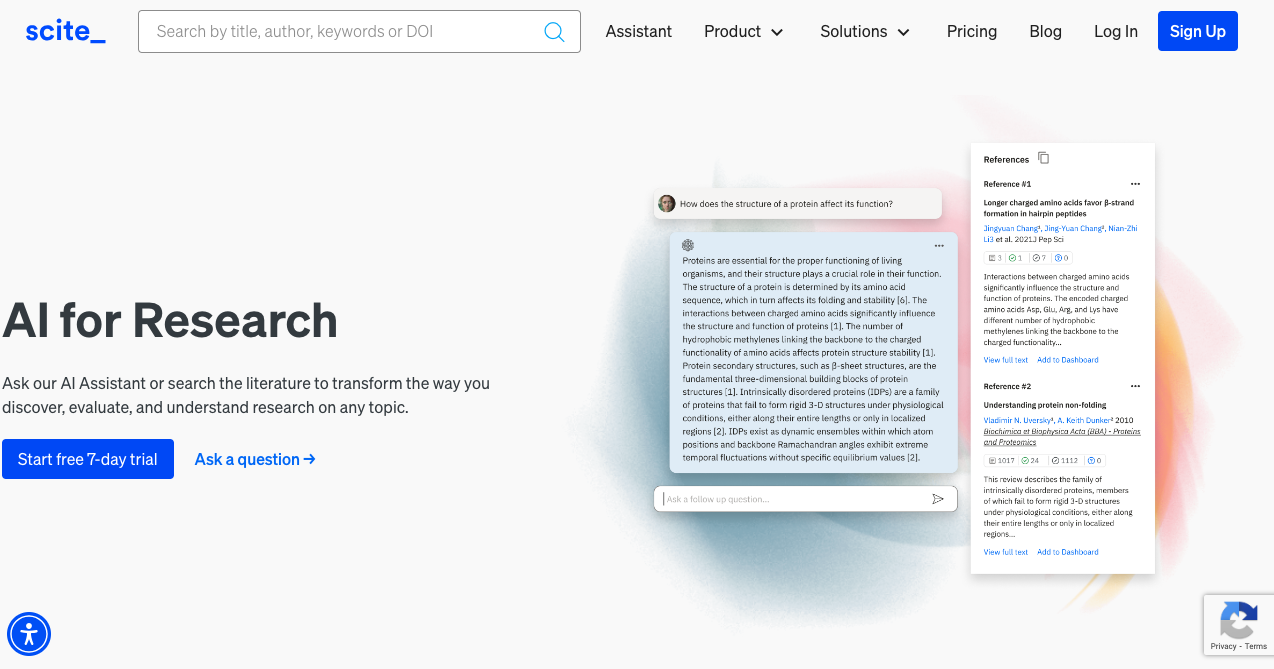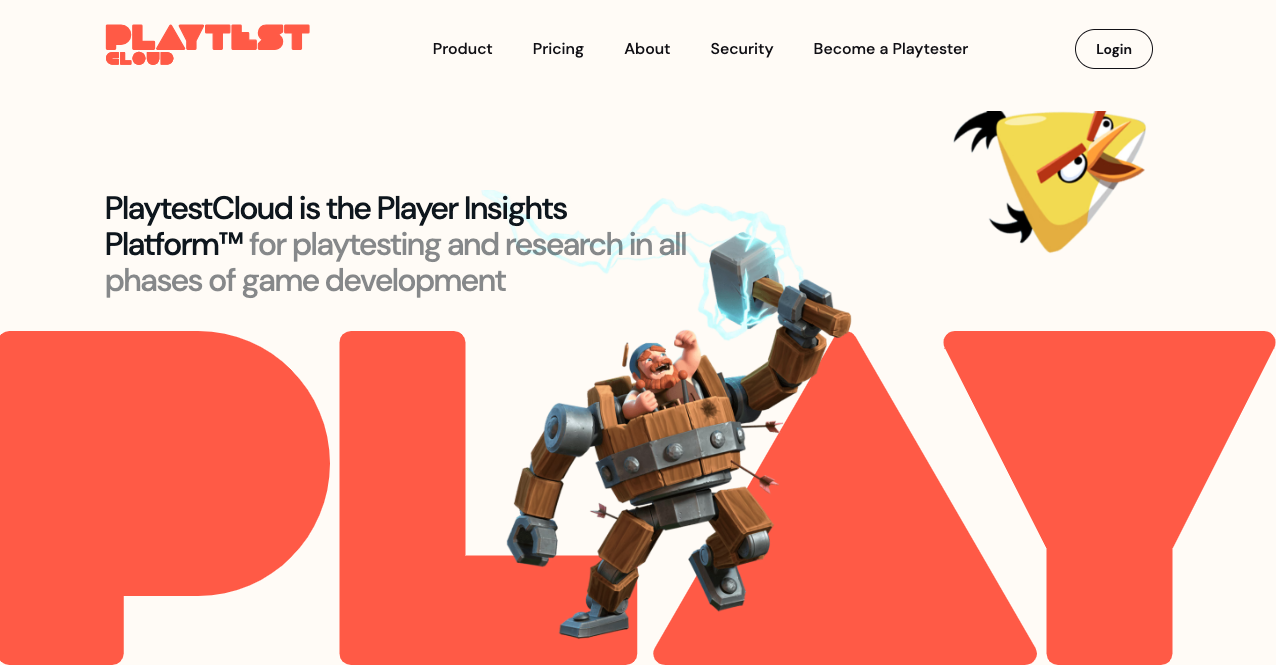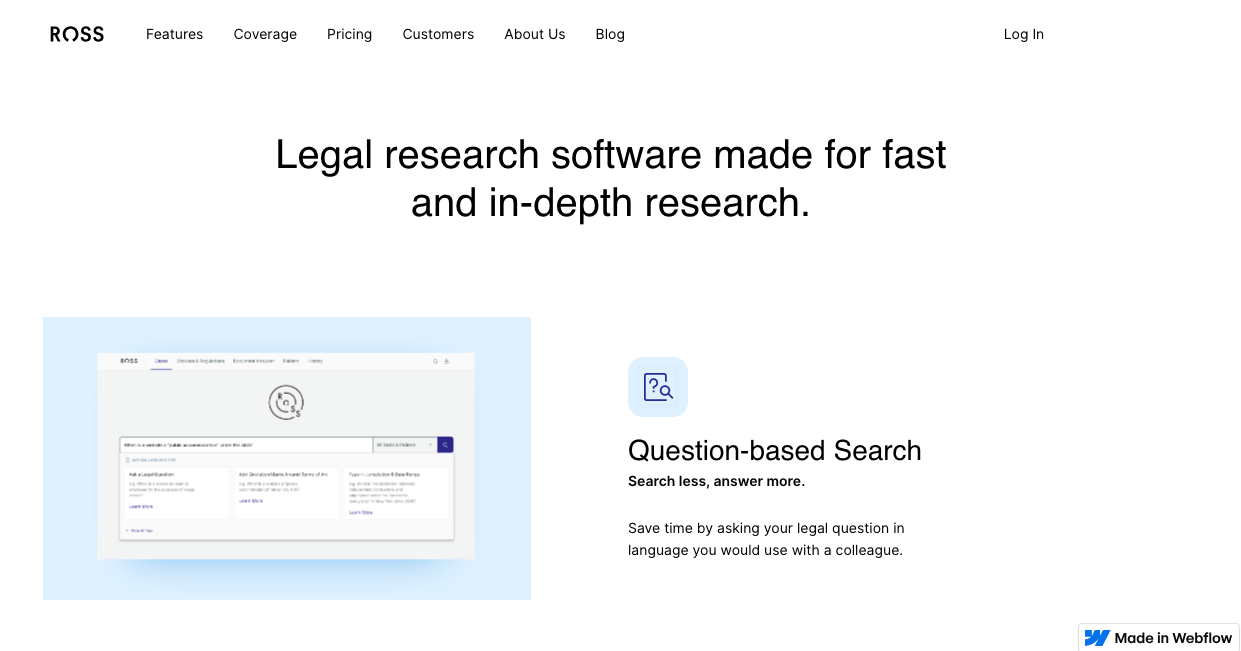Top Research AI Tools
Citation
Competitor Analysis
Data Analysis
Data Annotation
Data Collection
Data Labeling
Data Visualization
Fact Checker
Keyword Research
NLP Models
Open Source NLP Community
Report Generation
Scientific Literature
Scientific Research
SEM Analysis
Sentiment Analysis
SEO Analysis
Site Audit
State-of-the-art AI Transformers
Summarizer
No longer confined to science fiction, AI tools are now readily available for researchers across diverse fields, streamlining workflows, enhancing efficiency, and unlocking new avenues for discovery. This page showcases a range of AI tools specifically designed to empower researchers. From automating tedious tasks like literature reviews to uncovering hidden patterns in complex datasets, AI is fundamentally altering the way we approach research.
Traditionally, research has been a time-intensive endeavor. Sifting through mountains of literature, analyzing vast amounts of data, and identifying research gaps can consume an overwhelming amount of time. AI tools step in to alleviate these burdens. Here's how:
Traditionally, research has been a time-intensive endeavor. Sifting through mountains of literature, analyzing vast amounts of data, and identifying research gaps can consume an overwhelming amount of time. AI tools step in to alleviate these burdens. Here's how:
- Enhanced Efficiency: AI can automate repetitive tasks such as data extraction, citation analysis, and keyword identification. This frees up valuable time for researchers to focus on higher-level analysis and interpretation.
- Unveiling Hidden Insights: AI algorithms excel at pattern recognition and data analysis, uncovering patterns and trends that might be missed by the human eye. This can lead to groundbreaking discoveries and novel research directions.
- Collaboration Amplified: AI tools can facilitate collaboration by enabling researchers to share data and findings seamlessly, fostering cross-disciplinary research and accelerating progress.
- Democratizing Research: AI tools are making research more accessible. By automating routine tasks and simplifying complex analyses, AI empowers a broader range of researchers to contribute to the field, regardless of experience level.
The Future of Research with AI
As AI technology continues to evolve, the possibilities in research are limitless. We can expect to see even more sophisticated tools emerge, capable of tasks like:
- Automated Literature Synthesis: AI could automatically summarize and synthesize vast amounts of research literature, providing researchers with a comprehensive understanding of a specific field.
- Predictive Research: AI could predict future research directions and potential breakthroughs, allowing researchers to focus on areas with the highest impact.
By automating tedious tasks and providing deeper insights, AI tools are paving the way for a future of research that is more efficient, collaborative, and ultimately, more impactful.
